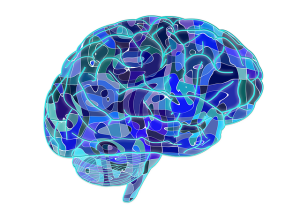 Dementia Diagnosis and Treatment
Dementia Diagnosis and Treatment
Dementia diagnosis and treatment have improved by leaps and bounds in the last decade. Thank goodness! Millions of people who have cared for a loved one with dementia understand how this will help in the future.
Earlier this year, Hilary Evans, the head of the UK’s dementia research charity hailed a “new dawn” for breakthroughs. These will transform how people live with the condition in the future.
Slowing or halting the disease
In her role, as chief executive of Alzheimer’s Research UK, said new tests and treatments to slow or halt the underlying diseases are within reach.
Years of painstaking studies have delivered gains in the understanding of the disease. This has provided the foundations for a revolution in the treatment of dementia. Dementia diagnosis and treatment will improve.
She is quoted to have said “All of it is suddenly moving and shifting and there are opportunities that just weren’t there 10 years ago.
She added this is a new dawn. This is sure to provide hope to older people in the future.
One in Three people over 65 in the UK has dementia.
Ms Evans also said she is aware that if trends continue, one of her three children is likely to be diagnosed with dementia in their lifetime. The current prognosis is that one in three adults in the UK will develop the condition. I am sure you agree this is a shocking statistic.
With the new discoveries however there are now high hopes that future generations can be spared the fear and distress suffered by thousands today. There is a cost to this however and the scientists require the necessary funding and resources.
Ms Evans has also been appointed co-chair of the Government’s Dame Barbara Windsor Dementia Mission, named in honour of the late actress who had Alzheimer’s disease.
Along with Nadeem Sarwar, her co-chair will model the new approach on the previously successful covid Vaccines Taskforce. Nadeem Sarwar works for the pharmaceutical firm Eisai.
By working closely with scientists, academics, clinicians, patients and the general public, the team aim to accelerate research into new diagnostics. They also plan to speed up treatments and a cure.
During her visit to the Drug Discovery Institute, she detailed her vision for a world where the diseases precursing to dementia are detected decades before symptoms emerge.
Early diagnosis is vital as treatments are more likely to work when given in the early stages.
Ms Evans was quoted as saying “At the moment, it’s a bit like treating stage four cancer at the end of life.”
She continued to say in an interview “We want to be detecting dementia much, much earlier”. “Potentially decades earlier than we’re able to now before people are symptomatic. That’s where we’re going to be effective.”
I am sure you agree this progress is positive news.

